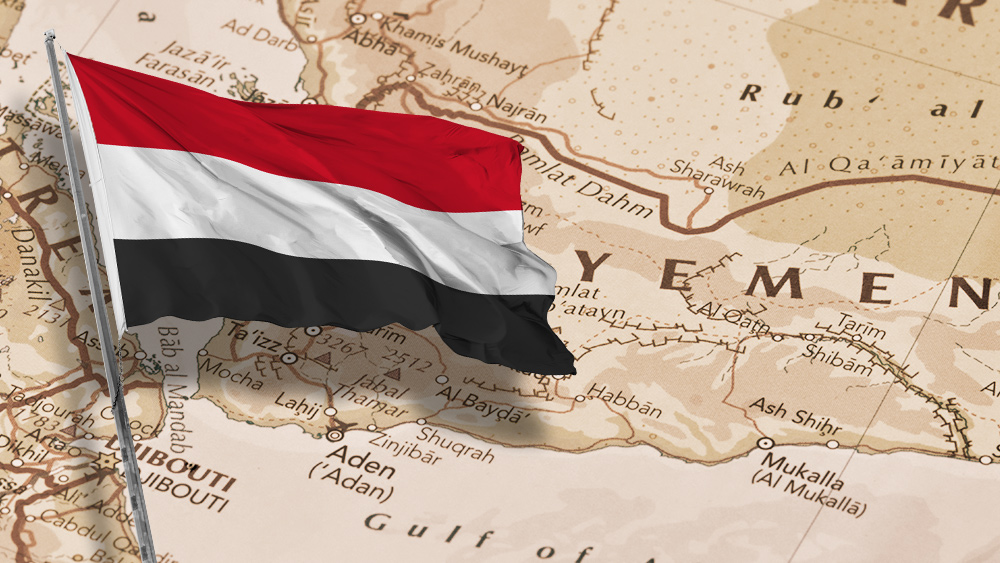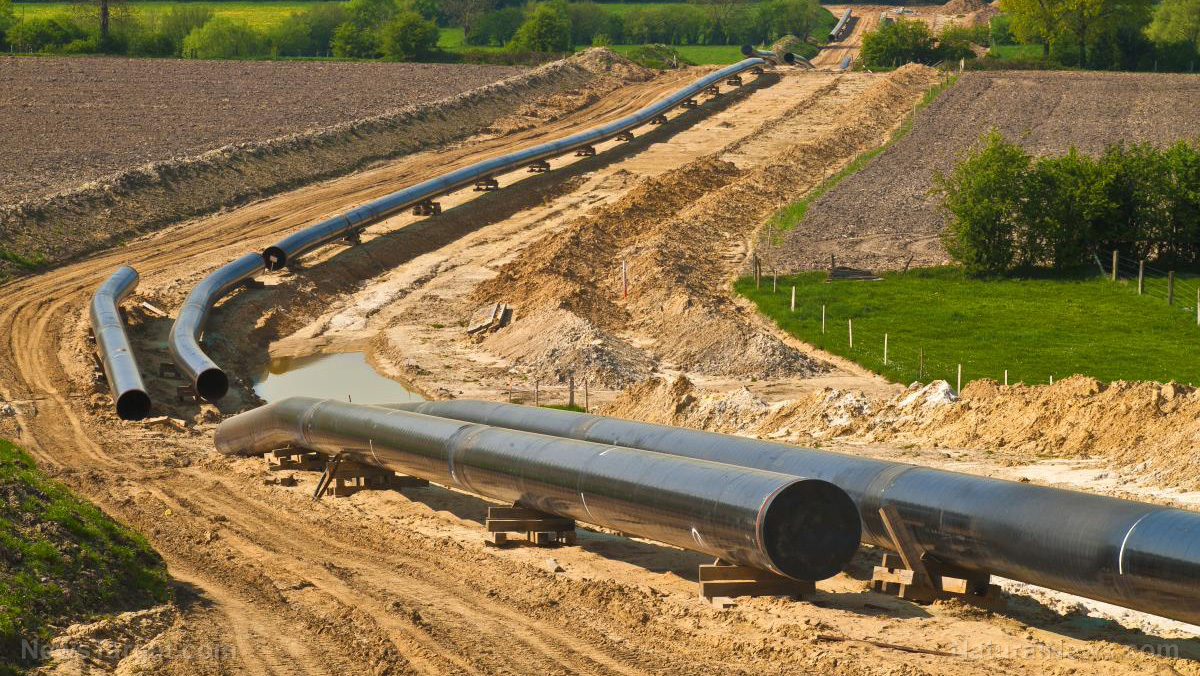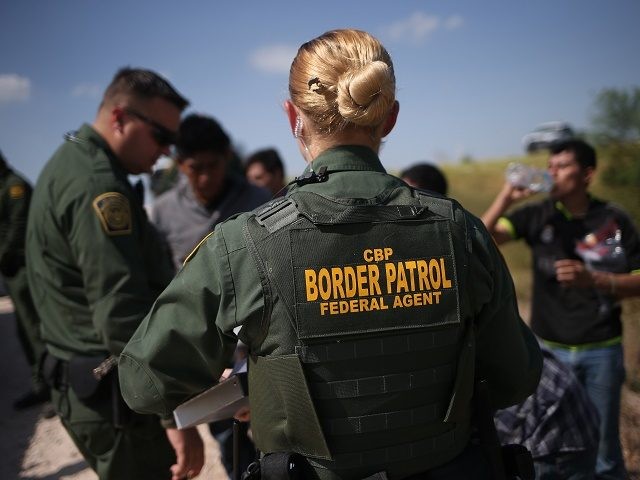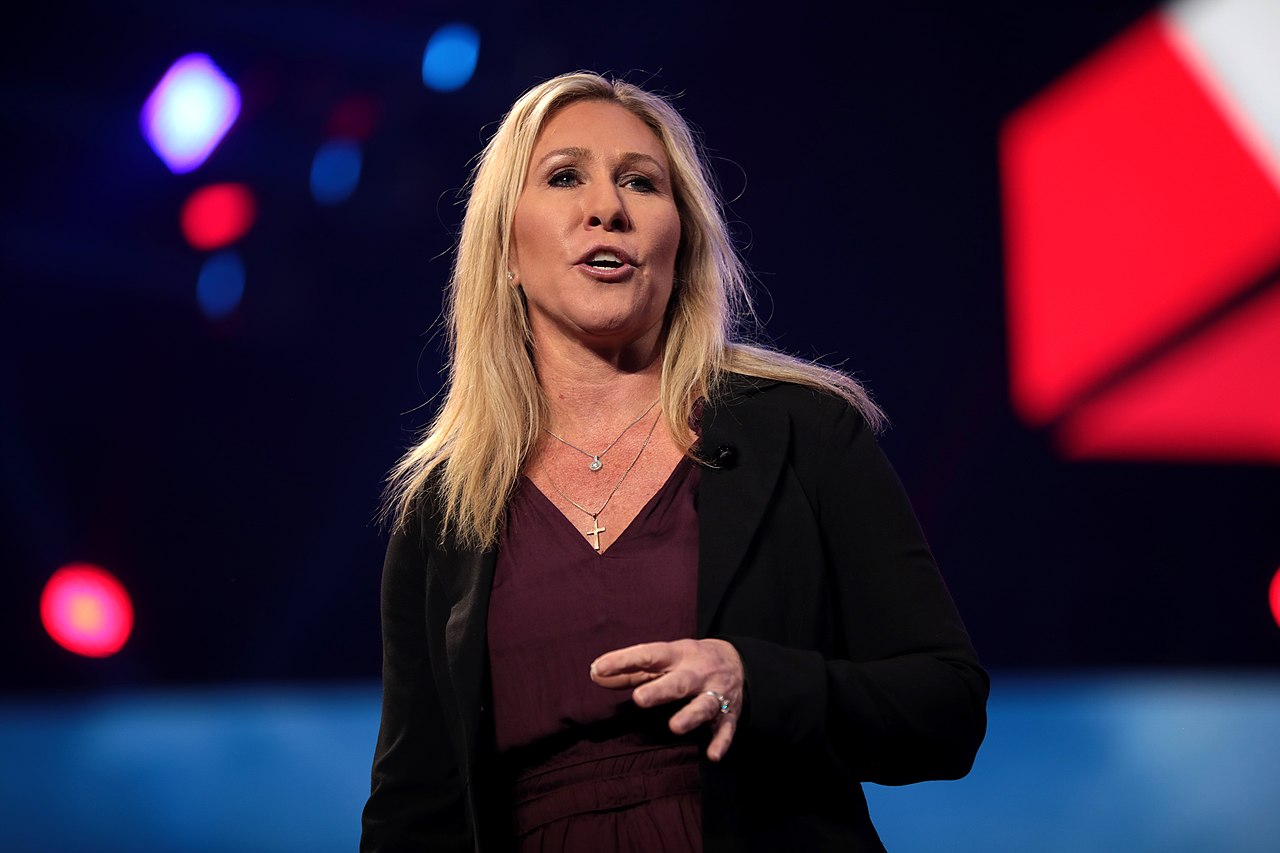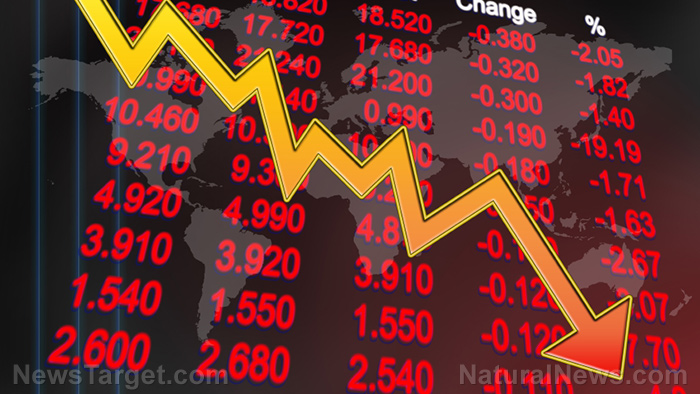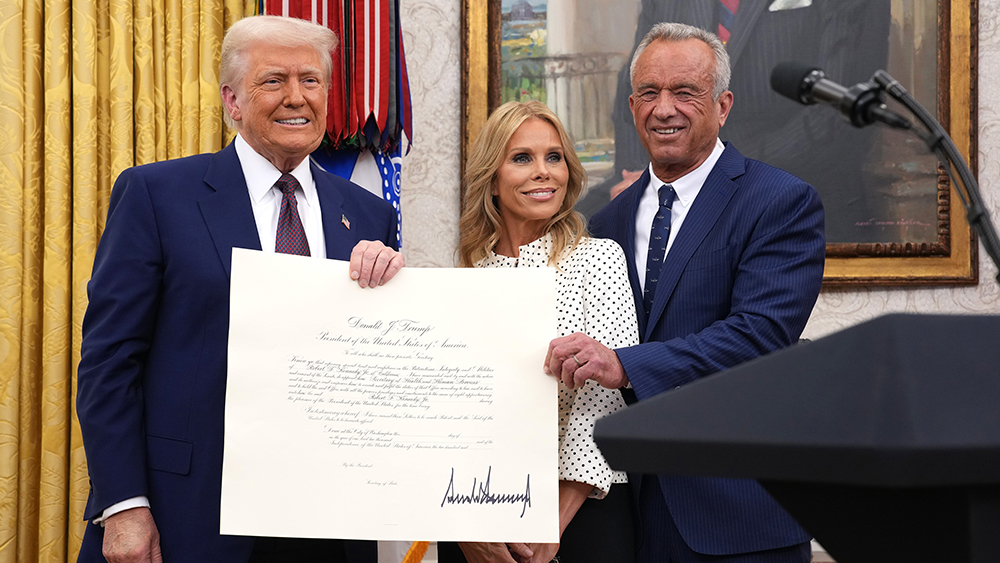UN expert demands legal action against EU leaders over Gaza complicity
05/06/2025 / By Willow Tohi
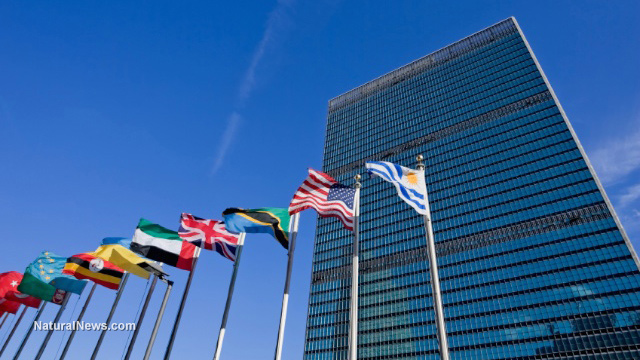
- UN Special Rapporteur Francesca Albanese accuses top EU officials, including Ursula von der Leyen and Kaja Kallas, of complicity in Israel’s alleged war crimes in Gaza, citing continued trade, aid and arms sales despite mass civilian casualties.
- A May 2024 ICC complaint seeks investigation into von der Leyen for aiding war crimes, with legal experts debating the feasibility of prosecuting EU leaders under international law, including the Genocide Convention.
- The European Commission insists its diplomatic and economic ties with Israel promote “dialogue” on human rights, but critics argue this approach fails to curb atrocities, as evidenced by escalating violence.
- Albanese faces death threats for her outspoken reports (e.g., Anatomy of a Genocide) but vows to continue exposing violations, citing moral duty amid ICJ rulings and leaked EU calls to suspend arms trade.
- The case highlights tensions between international law and geopolitical interests, testing institutions like the ICC. Analysts warn that shielding allies undermines legal credibility, with 50,000+ deaths underscoring urgent need for enforcement.
United Nations Special Rapporteur Francesca Albanese has intensified her condemnation of European Union leadership, urging that top officials be held legally accountable for what she argues is their complicity in Israel’s war crimes during the Gaza conflict. In recent remarks, Albanese targeted European Commission President Ursula von der Leyen and Foreign Policy Chief Kaja Kallas, blaming their continued diplomatic and economic engagement with Israel for abetting atrocities since Israel launched its military operation in October 2023. With over 50,000 Palestinian civilian deaths reported and accusations of genocide mounting, Albanese’s indictment highlights a darkening rift between international legal obligations and political realities.
Albanese’s allegations of EU complicity
Albanese, the UN’s Special Rapporteur on human rights in the Occupied Palestinian Territories, declared the EU’s stance “beyond deplorable” during an exclusive interview with The Intercept. “They will have to be judged before history does,” she asserted, emphasizing that immunity from prosecution does not equate to impunity. Her accusations center on the EU’s ongoing trade, aid and arms sales to Israel amid reports of Palestinian civilian deaths—70% women and children—a figure she rightly calls “ethnically cleansing” and “genocide.”
The rapporteur also criticized Kallas for softening the EU’s stance during a March visit to Tel Aviv, where the foreign affairs chief claimed “both sides lose” in the conflict. Albanese derided the remark as trivializing Palestinian suffering, arguing it reflects systemic EU complicity.
ICC complaints and complicity under international law
A formal complaint was filed at the International Criminal Court (ICC) in May 2024 urging that von der Leyen be investigated for aiding and abetting war crimes. Middlesex University international law professor William Schabas acknowledged the legal basis for charges of “complicity” under the Rome Statute, which prohibits state and institutional support for crimes under international law. However, he said precedents for prosecuting non-state parties like EU leaders are scarce.
Middle East analyst Mouin Rabbani framed the issue differently, citing the 1948 Genocide Convention, which binds signatories to act against mass atrocities. “Active normalization and support for genocide violates their legal obligations,” he argued, calling the EU’s diplomatic and economic backing a “case of lawless solidarity.”
EU defends engagement as “dialogue” over “impunity”
The European Commission has pushed back against Albanese’s claims, emphasizing its “commitment to international law” through trade and diplomatic ties. Spokesperson Gioia Franchellucci stated the EU’s long-standing association agreement with Israel mandates “ongoing dialogue” to address concerns. Critics, however, say such dialogue has done little to curb hostilities.
Albanese countered this reasoning, questioning the EU’s selective priorities. She mocked Brussels’ use of the European Civil Protection Mechanism to assist Israel with wildfires: “I wonder whether similar efforts could be mobilized for Palestinian children burned alive in plastic tents.”
Personal risks and a bolder UN voice
Albanese revealed she and her family have faced “death threats” since publishing her damning 2024 “Anatomy of a Genocide” report. Yet she continues to defy intimidation. “The mafia kills through silence,” she said, referencing threats she calls “a challenge to my moral courage.”
Her stance echoes growing international pressure. A leaked EU internal report from late 2024 urged suspending arms trade and diplomatic ties, but Brussels has rejected containment measures. Meanwhile, the International Court of Justice ruled in Feb. 2025 that Israel’s Gaza policies “may amount to genocide,” demanding eased humanitarian access—a ruling Israel has repeatedly ignored.
From Palestinian occupations to modern legal awakening
The current crisis traces to Israel’s post-October 2023 offensive following Hamas’ 1,200-fatality attack on civilians, but the roots of the conflict stretch back decades. The EU’s role as both financier and mediator complicates accountability. Post-WWII institutions like the ICC, created to prevent future atrocities, now face an existential test: Can they enforce laws when global powers and blocs defy them?
Analysts say the case underscores a systemic flaw: wealthy nations often shield allies from consequences. “This case isn’t about Israel,” Schabas noted. “It’s about the EU’s willingness to subordinate human rights to geopolitical interests.”
A crossroads for international law’s credibility
As Albanese’s report on institutional complicity nears completion, the world watches whether legal frameworks can transcend political inertia. Her call for accountability—however contentious—reflects a broader reckoning: can international law hold multinational institutions to the same standards it demands of states? With over 50,000 civilian lives lost and accusations of genocide unresolved, the answer may define the ICC’s relevance in 21st-century conflicts.
Sources for this article include:
Submit a correction >>
Tagged Under:
chaos, EU, genocide, humanitarian crisis, International Court of Justice, International Criminal Court, Israel, Resist, terrorism, UN, Ursula von der Leyen, violence, WWIII
This article may contain statements that reflect the opinion of the author
RECENT NEWS & ARTICLES
COPYRIGHT © 2017 RESIST NEWS





